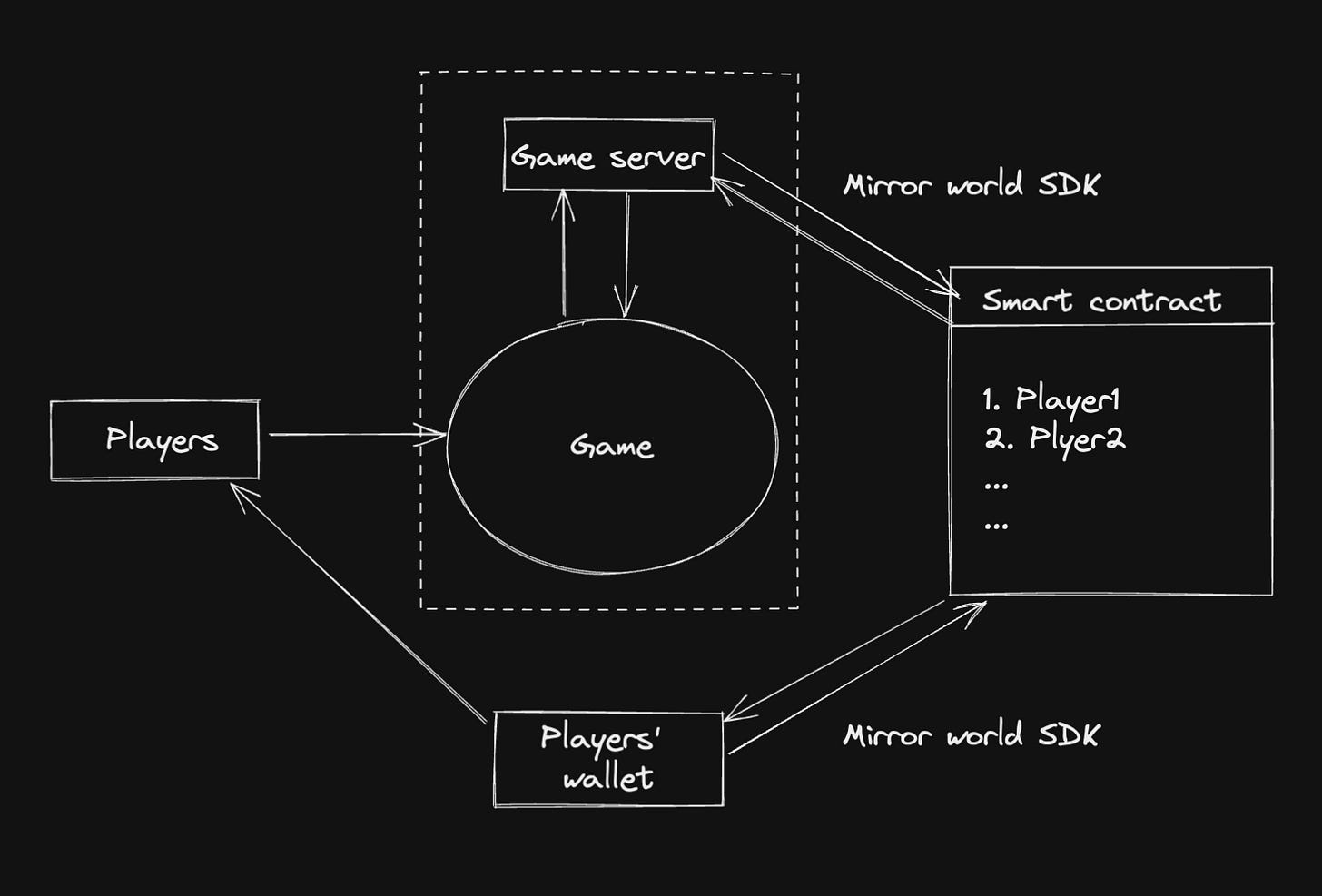A blockchain developer is responsible for designing, building, and maintaining systems or applications based on blockchain technology.
Some specific tasks that a blockchain developer might perform include:
Designing and implementing blockchain-based systems: This includes determining the most appropriate type of blockchain for a particular use case and developing the necessary smart contracts and other code to support the desired blockchain functionality.
Integrating blockchain systems with other applications and platforms: This may involve building APIs or other interfaces to allow other systems to access and interact with the blockchain.
Testing and debugging blockchain-based applications: This includes testing the code and fixing any issues that are found to ensure that the system is stable and reliable.
Collaborating with a team: Blockchain developers often work in teams, where they may be responsible for contributing to the design and implementation of a project, as well as reviewing the work of other team members.
Staying up to date with developments in blockchain technology: As the field of blockchain technology is rapidly evolving, it is important for blockchain developers to keep abreast of new developments and best practices in order to stay current in their field.
To become a blockchain developer, it is generally necessary to have a strong foundation in computer science and a good understanding of blockchain technology.
In addition, it can be helpful to have experience with programming languages such as Solidity (for Ethereum-based projects) or Rust (for Solana)
Do you really need to be a blockchain developer to build your own dApp? Read:
Mirror World Smart SDK Features
✅ Smart Auth: All-in-one Login & Authentication
✅ Smart Marketplace: Easily Build Mobile NFT Marketplace
✅ Smart Wallet: Mobile In-App Wallet Integration
✅ Smart NFT Creation: Zero-Code Launch Your NFT
Website | Documentation | Github | Youtube | Blog | Twitter | Telegram


